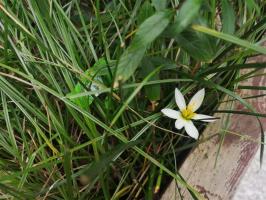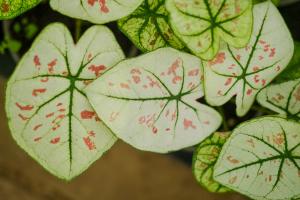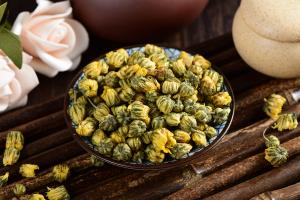Is Elephant Ear Plant Edible?
Introduction
Elephant ear plant (Colocasia esculenta) is a tropical plant that is widely grown for its large, beautiful leaves. It is also known as taro, cocoyam, dasheen, and kalo. It is native to Southeast Asia but has been cultivated in many other parts of the world. One question that many people have is whether or not elephant ear plant is edible.
Uses of Elephant Ear Plant
Elephant ear plant is used in many different ways. The corms, or underground stems, are the most commonly used part of the plant. They are rich in starch and are used to make a variety of foods, including poi, a staple food in Hawaii. The leaves are also used in some cuisines, such as Indian and African, where they are used as a wrap for other foods. In addition, the plant has been used for its medicinal properties, and the sap from the leaves has been used to treat insect bites and other skin ailments.
Is Elephant Ear Plant Edible?
The short answer to the question of whether elephant ear plant is edible is yes, but with some important caveats. The corms must be cooked thoroughly before eating, as they contain calcium oxalate, which can cause irritation to the mouth and throat if not fully cooked. In addition, some people are allergic to the plant, so it is important to test a small amount first before consuming larger quantities.
Cooking with Elephant Ear Plant
If you are interested in cooking with elephant ear plant, there are many different recipes to try. One popular dish is taro chips, which are made by slicing the corms thinly, seasoning them with salt and other spices, and then baking or deep frying them. Another common preparation method is to boil the corms and use them in stews, curries, or soups. The leaves can also be used in a variety of ways, such as being stuffed with meat, vegetables, or rice and then baked or steamed.
Conclusion
In conclusion, elephant ear plant is an edible plant that has been used for centuries in many different cuisines around the world. However, caution must be exercised when consuming the plant, as it contains calcium oxalate and can cause allergic reactions in some individuals. With proper cooking and preparation, however, elephant ear plant can be a delicious addition to your diet.

 how many times do yo...
how many times do yo... how many planted tre...
how many planted tre... how many pine trees ...
how many pine trees ... how many pecan trees...
how many pecan trees... how many plants comp...
how many plants comp... how many plants can ...
how many plants can ... how many plants and ...
how many plants and ... how many pepper plan...
how many pepper plan...































